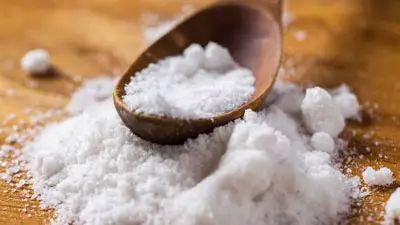Should you include whey liquid in your diet?

Here’s how whey liquid is good for you (Source: Freepik)
For many fitness enthusiasts, paneer is recommended as a protein source, especially for vegetarians.
But did you know that the watery substance that you get while making paneer at home is also a good source of protein? Acknowledging that whey liquid should not be thrown away, nutritionist Juhi Kapoor shared that the leftover liquid is rich in protein and vitamins. “It can be utilised in various ways,” she shared.
But before we jump into the ways to use whey liquid, here’s what to understand about whey liquid.
Whey liquid is the liquid component that remains after the separation of solid curds during the cheese-making process, particularly in the production of cheeses like paneer. “It is a byproduct of coagulated milk proteins.
Whey liquid is considered beneficial due to its rich nutritional profile. It contains high-quality proteins, essential amino acids, vitamins, and minerals. The liquid is particularly rich in branched-chain amino acids, such as leucine, which play a crucial role in muscle protein synthesis,” said Sushma PS, chief dietitian, Jindal Naturecure Institute.
Its quick absorption by the body makes it an ideal post-workout supplement, aiding in muscle recovery and growth. Additionally, whey liquid may have immunoglobulins and antioxidants that contribute to immune system support.
Whey protein, found in whey liquid, is considered a high-quality, complete protein because it contains all nine essential amino acids required by the human body. “These amino acids play crucial roles in various physiological processes, including muscle repair, growth, immune function, and hormone synthesis,” described Dr Rohini Patil, MBBS and nutritionist, and founder, Nutracy Lifestyle.
How is it useful?
Muscle building and repair
Whey protein is popular among athletes and fitness enthusiasts due to its ability to support muscle protein synthesis, thereby aiding in muscle recovery and growth after exercise.
Weight management
Protein, in general, has been shown to promote feelings of fullness and satiety, which can help reduce overall calorie intake and support weight management efforts.





